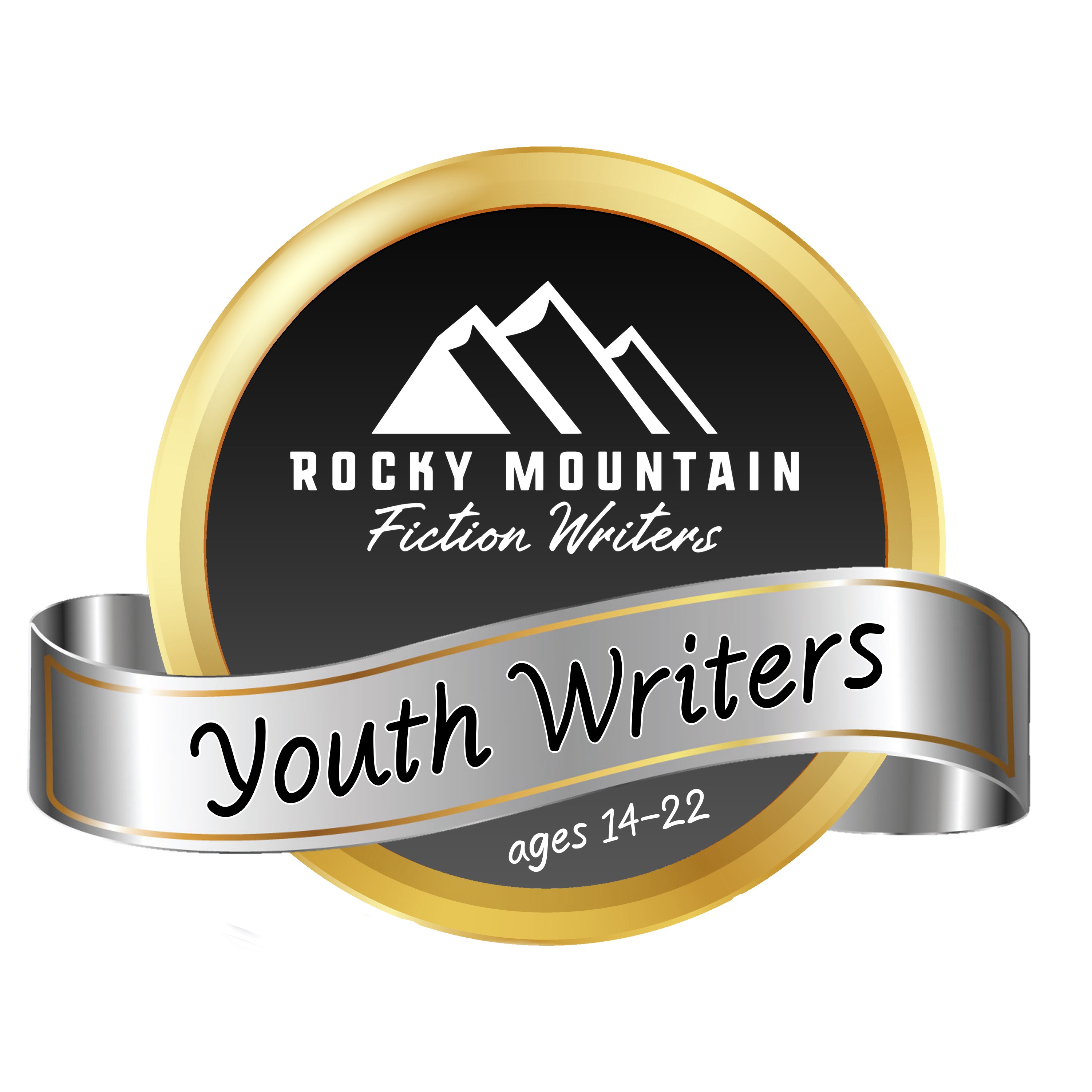
Welcome to the Rocky Mountain Youth Fiction Writers! You’ll find a list of our upcoming programming for teens—workshops, critique sessions, author readings, and more—as well as some resources for writing prompts, blogs about writing, and how to connect with other writers.
For questions regarding the Young Writers program, please email youthprogramming@rmfw.org.
You can find all of our upcoming programs on our Events page. Our programming is specialized toward teens to engage, encourage, and support your writing journey and projects. Most programs will be free to attend! We look forward to see you there!
Hashtags
Looking for your fellow writers online? Here are some popular ways to connect with others and share what you’re working on through social media.
• Follow @litchat on Twitter for a one-hour #litchat (every Monday and Wednesday at 4pm ET) to discuss books and writing.
• Are you in “Butt in chair, hands on keyboard” mode? Share what you’re working on with the #amwriting or #amediting tags.
• Search #writingprompt for some helpful ideas when you need a jog for your imagination.
• Want a challenge? Find a #writingsprint and crank those words out!
• Quoting your own book? Share it with #novelines.
• April is #poetrymonth.
• May is National Short Story Month! #shortreads
• November is National Novel Writing Month #nanowrimo
Other hashtags you might find a use for:
#wordcount
#writerwednesday
#writerslife
#scriptchat (for screenplay writers)
Writing Blogs
Keep up with the writing world and get some tips and exercise to improve your writing. These are some of the most popular blogs on writing.
- Write to Done
- Grammarly
- The Creative Penn
- Daily Writing Tips
- Helping Writers Become Authors
- Writer’s Digest
- Money Saving Guide for Authors
Creative Writing Exercises
Writer’s block? Try one or more of these exercises to get the creativity flowing again.
• Write from a different character’s point of view.
• Do you normally write fiction? Try a poem, screenplay, or other medium you’re not used to.
• Visit Pinterest or Instagram for some visual stimulation (or check out some of these visual prompts). Scroll through until something strikes your interest and try telling your story in that setting or from what you imagine that person’s point of view might be like.
• Watch a movie in the same genre or about a similar theme to your story to get yourself thinking about new directions.
• Where do you write? In bed, on the couch, at a desk? Try getting outside or writing in a new environment, or just a new position (e.g., standing instead of sitting).
• Do you write on a computer? Try writing longhand. It’s slower, but the tactile process of putting pen to paper can draw out new ideas.
• Try a plot generator (here’s a fun one.) You might get something silly or you might end up with a little nugget of inspiration to lead you to your next story.
Resources
• Nanowrimo Young Writers Program
Find pep talks, worksheets, videos, blog posts, and other tips to help you tell your story.
• Lighthouse Writers – Young Writers Program outreach
The Lighthouse Writers young writers outreach program is based in the Denver area. To get involved with the Lighthouse Writers and have writing workshops and lectures at your school, get in touch with them through their website.
• Looking for a character checklist to help you flesh out your characters?
• Struggling to nail down the progression of your plot? Write to Done has a great article breaking down the three-act structure by showing examples of that structure at work in the Star Wars film A New Hope.
